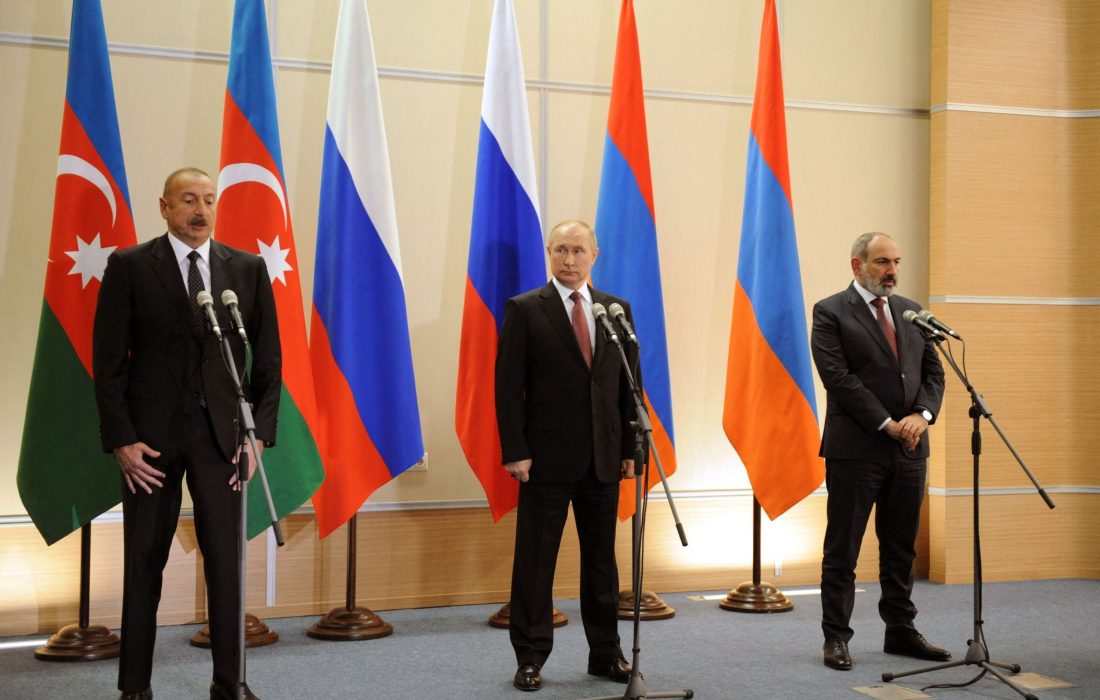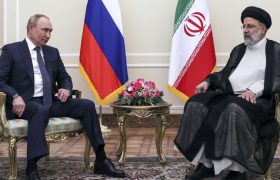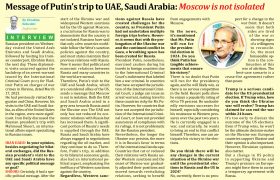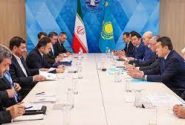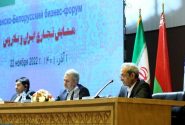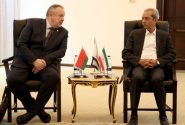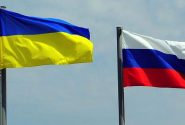In an interview with the website of the Strategic Council on Foreign Relations, Mohammad Reza Damavandi referred to the tripartite negotiations among Armenia, Azerbaijan, and Russia on the sidelines of the informal meeting of the heads of the Commonwealth of Independent States in St. Petersburg and Yerevan’s non-acceptance of the negotiations in the past days and stated: Although Russia announced that it found out about not attending the meeting through diplomatic channels, Armenia said that it had officially informed the Russian Foreign Ministry of the case and that it does not consider the current conditions suitable for negotiations.
He added: However, this country is not in a position to leave the negotiation table completely and has to stay with Moscow. On the other hand, since it did not see Russia’s reaction in its favor, it has gone to attract public opinion and tries to focus more on the fact that the people of that region are under siege and do not have food and medicine during the New Year celebrations to compensate for the vacuum of Russian support through attracting the attention of public opinion.
Damavandi stated that Armenia accuses the Russian peacekeepers of inaction and added: Armenia’s lack of welcome for negotiations, while Russia was in charge of mediating the tensions in the 44-day war of 2020, will not help improve the situation and enables the Republic of Azerbaijan to find the possibility for more movements and the result will not definitely be in favor of Armenia.
Referring to the remarks of the deputy foreign minister of Russia that the escalation of disputes over the Lachin Corridor has made the peace efforts between the Republics of Armenia and Azerbaijan difficult and complicated, he emphasized: It seems that Armenia is in a situation where it can neither defend itself nor is sure of Russia’s support and as a result has left the scene considering the weak position it has placed in it. In fact, Yerevan emphasizes that Baku has no desire to establish peace and stability and seeks ethnic cleansing in the Karabakh region.
The analyst of the Caucasus affairs, referring to the statement of the Ministry of Foreign Affairs of Armenia, in which it has been emphasized that Ilham Aliyev has not only acknowledged the military occupation of the lands of the Republic of Armenia, but also raised new territorial demands and, disregarding international laws and global partners, it threatens the Republic of Armenia to use force, added: It seems that the region will face a more difficult situation in the future. If it is not possible to direct the issue towards no change in the geopolitics of the region and borders through actions in political dialogues, we may possibly witness more intense conflicts and more unpleasant developments.
Saying that Russia waits for the last moments and acts very slowly on regional issues, Damavandi noted: Until the last days, we do not see a reaction from Russia, and it acts as if the issue is not important to it at all, and those developments do not occur along the borders of that country. Russia also intervened in the last days of the 44-day war and forced both sides to accept the 9-point agreement. It seems that now Russia has followed the same procedure.
He continued: Russia, confident of its position and the need of Armenia and the Republic of Azerbaijan to accept Moscow’s positions, does not show strong and emotional reactions and applies its opinions at the last moment. Anyway, Russia is a powerful player in the region and has exchanged many concessions, including with Turkey.
Damavandi added: By agreeing to create the Zangezor Corridor and leaving Turkey and the Republic of Azerbaijan free, Russia is seeking to receive other concessions from Turkey. In fact, Russia is playing a win-win game for itself. While showing a look at the issues before the collapse of the Soviet Union, that country was completely opposed to the mentality of creating a borderline in the south of the Soviet Union towards Turkey and considered the integration of the Turkish-inhabited areas as a threat to itself. This mentality still exists and has not changed.


